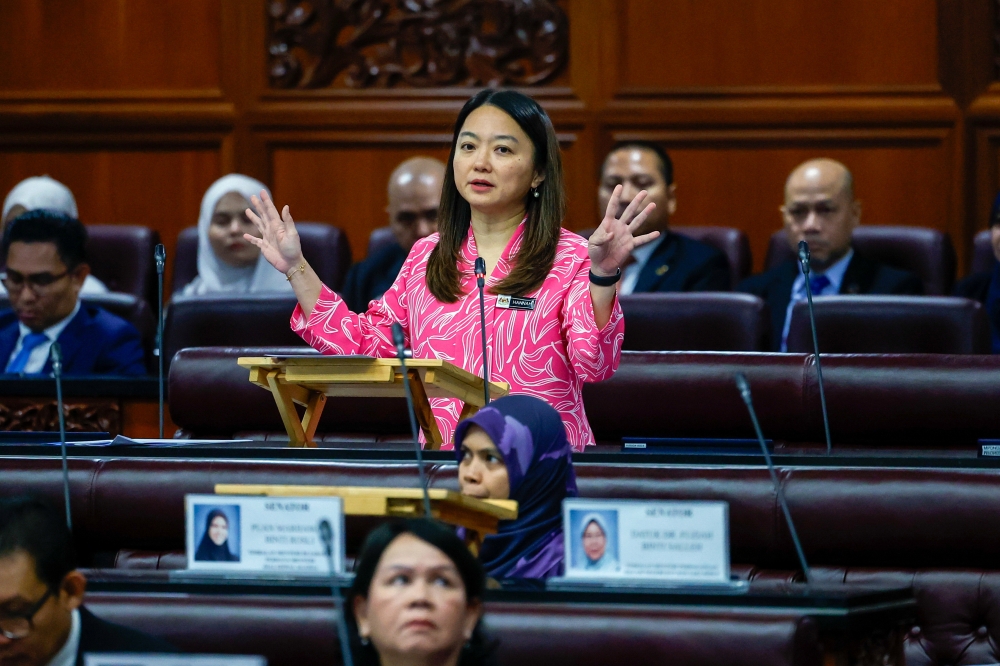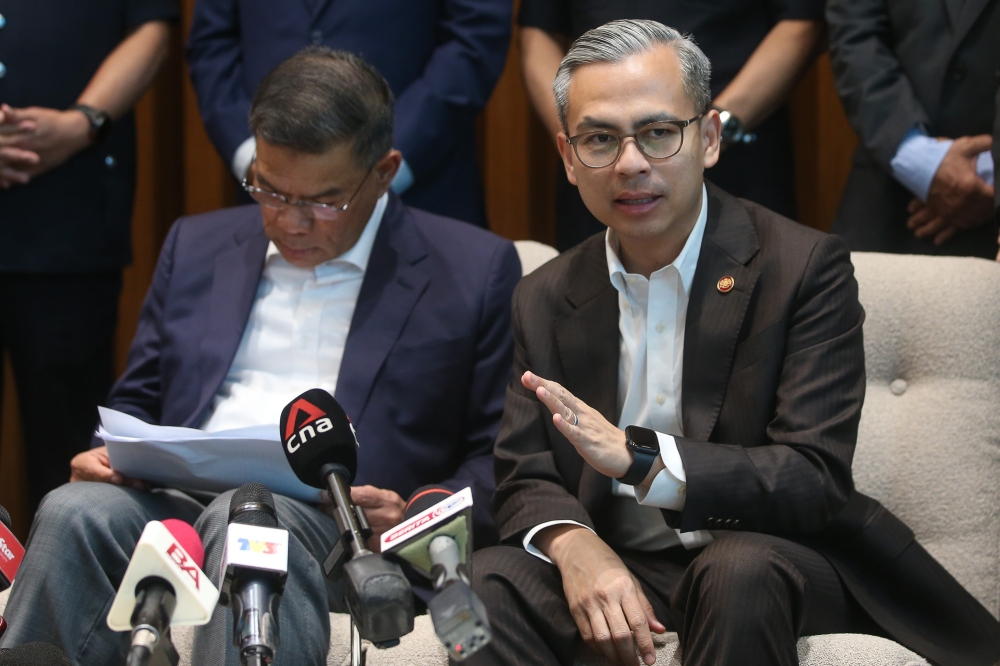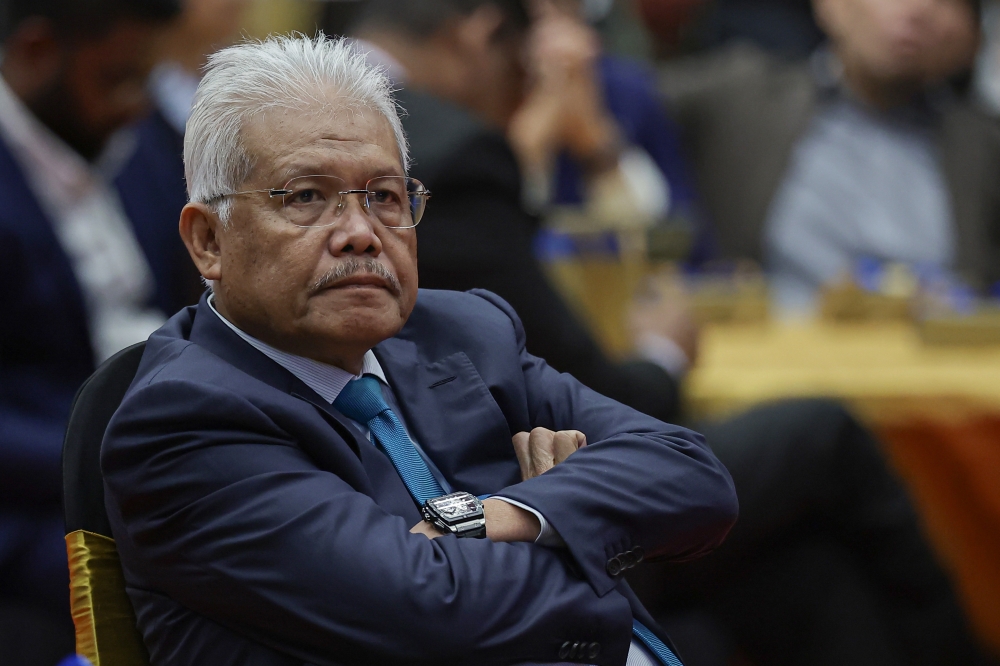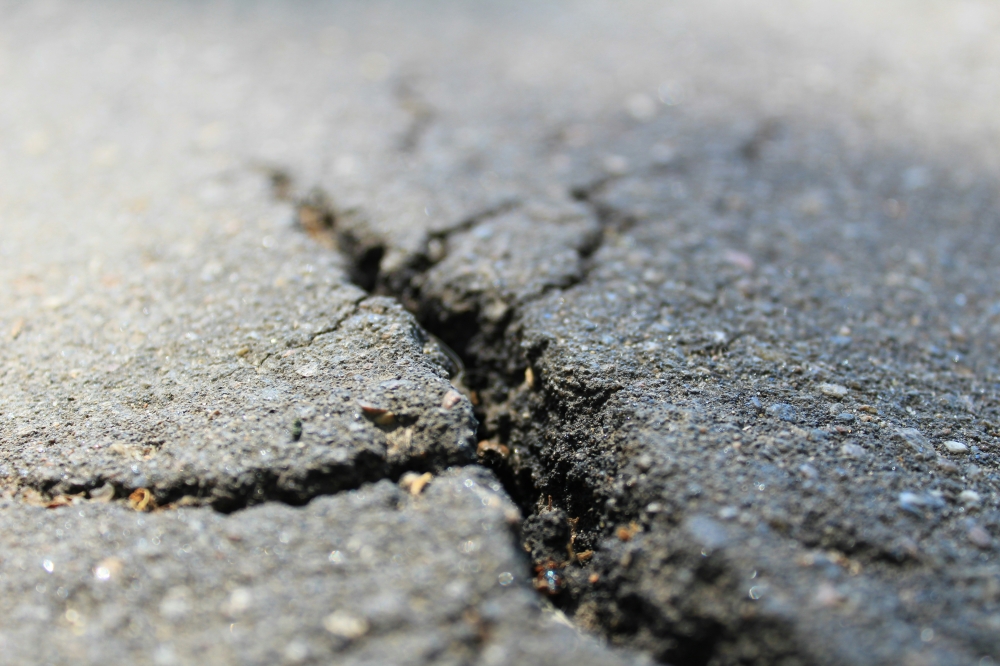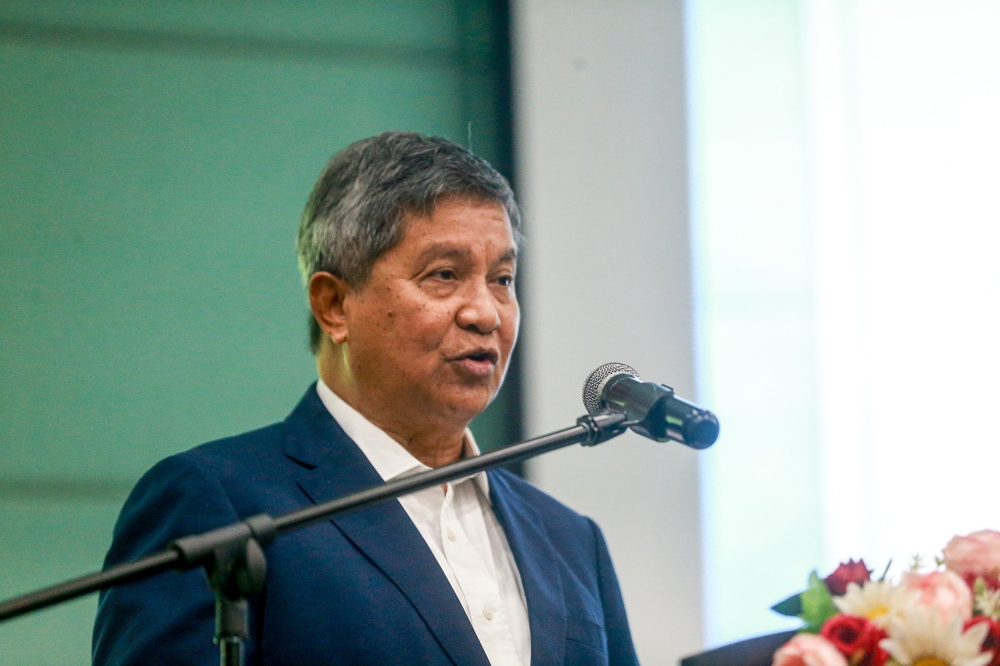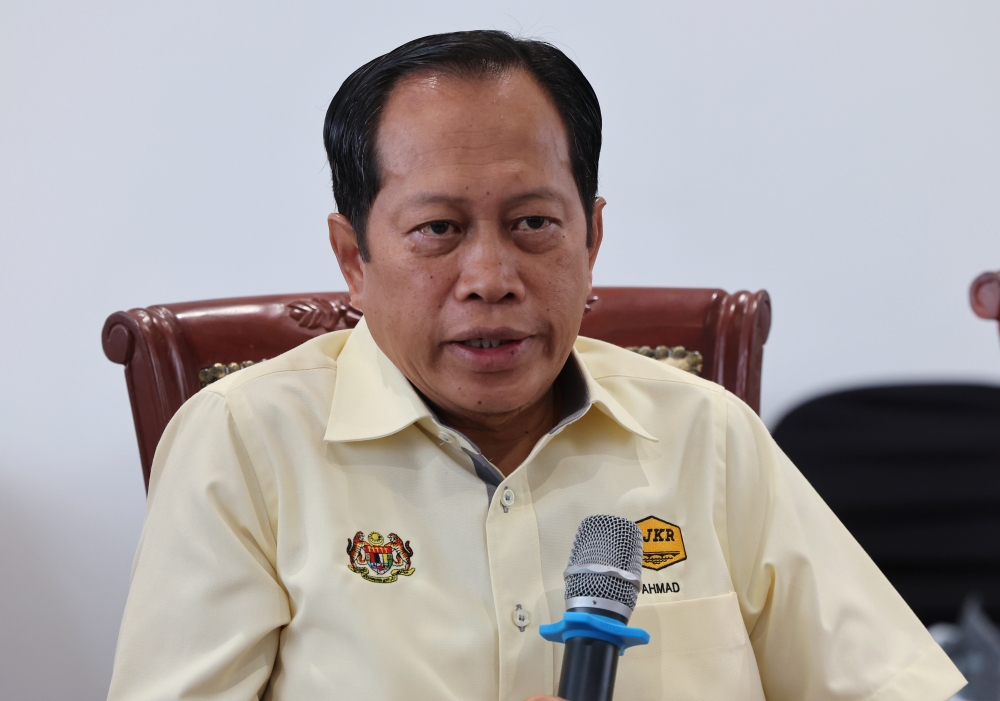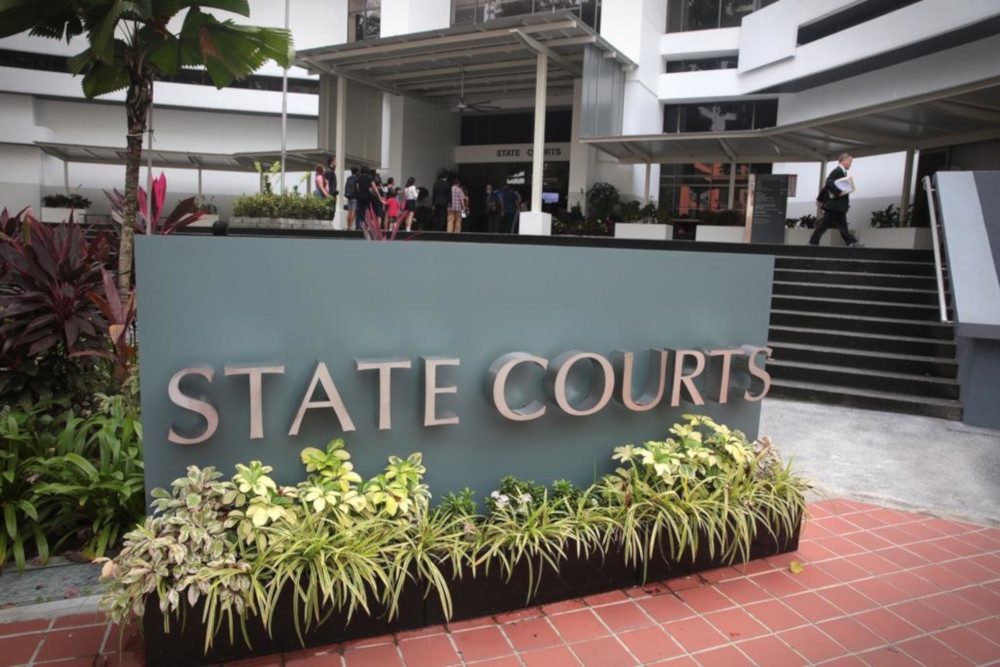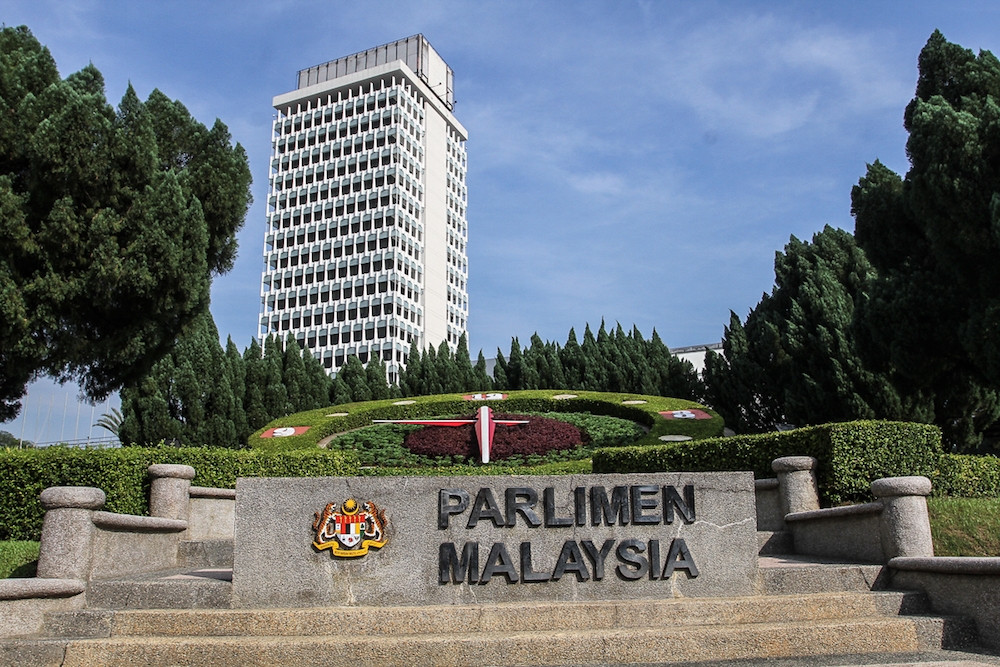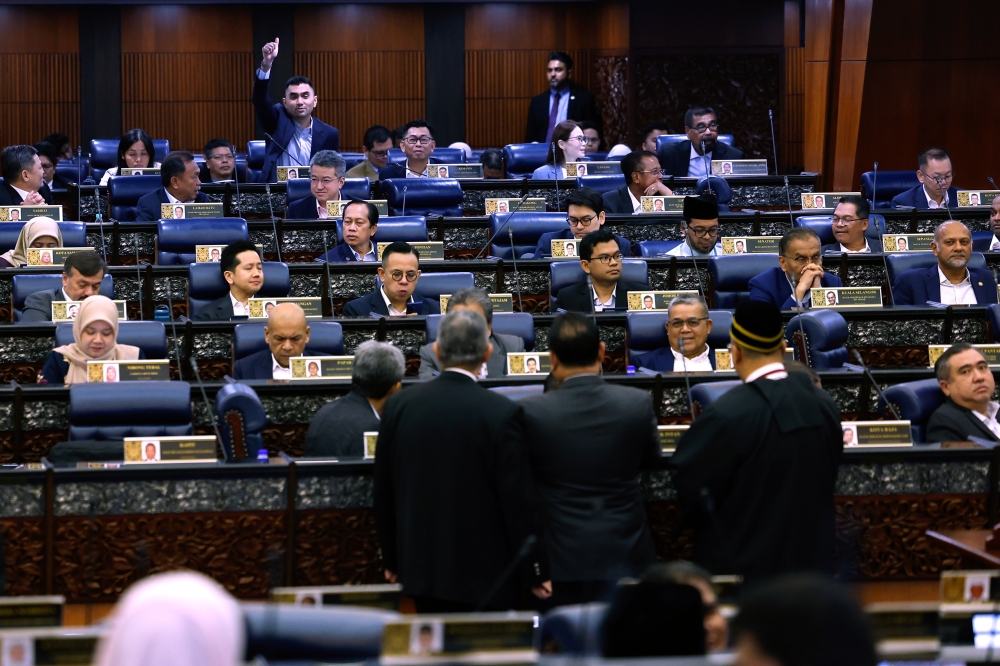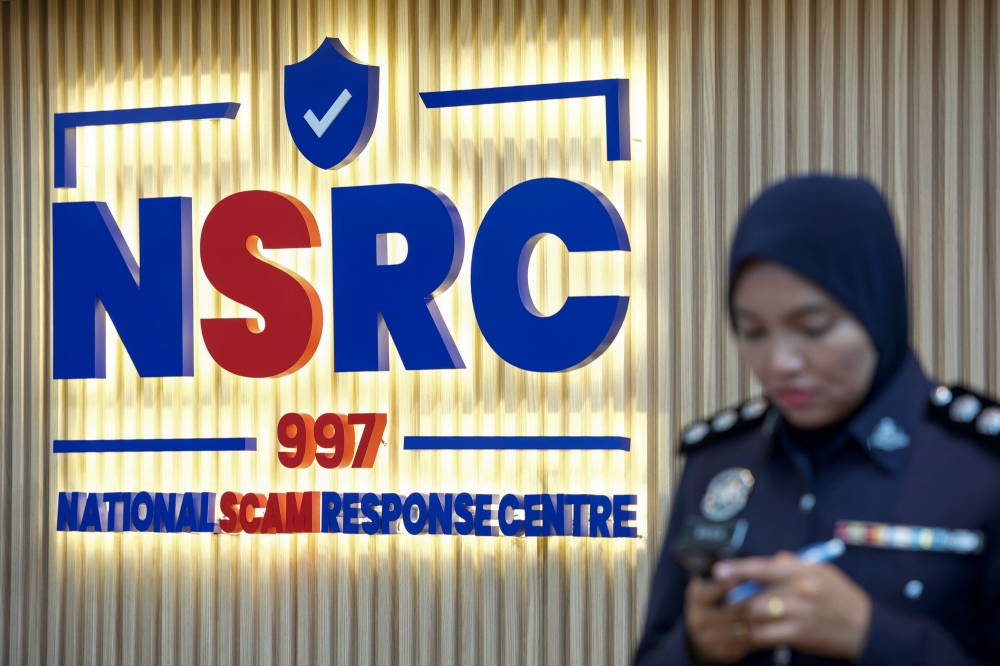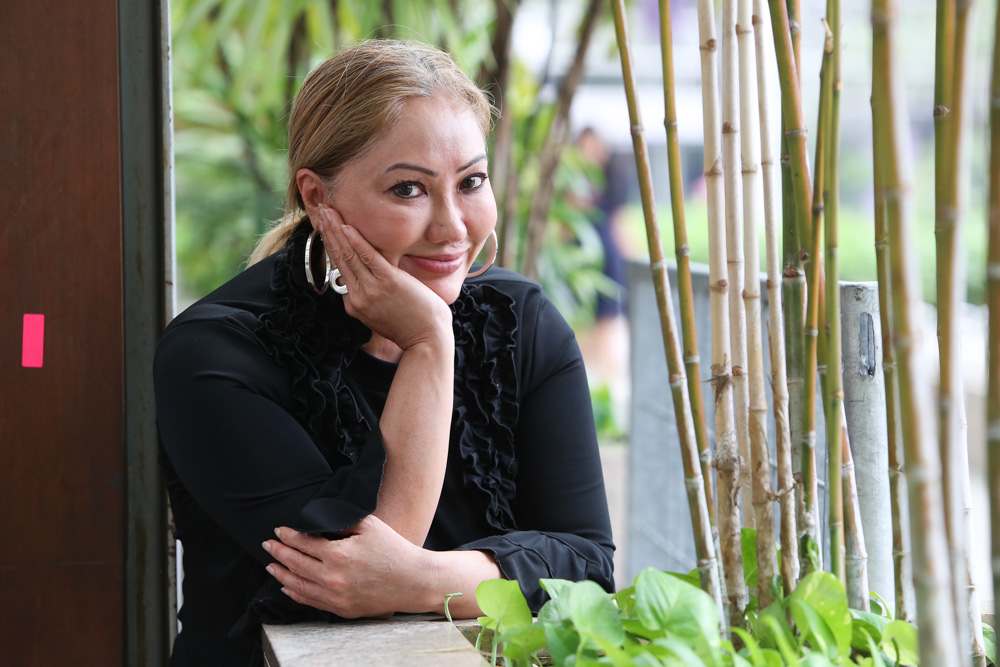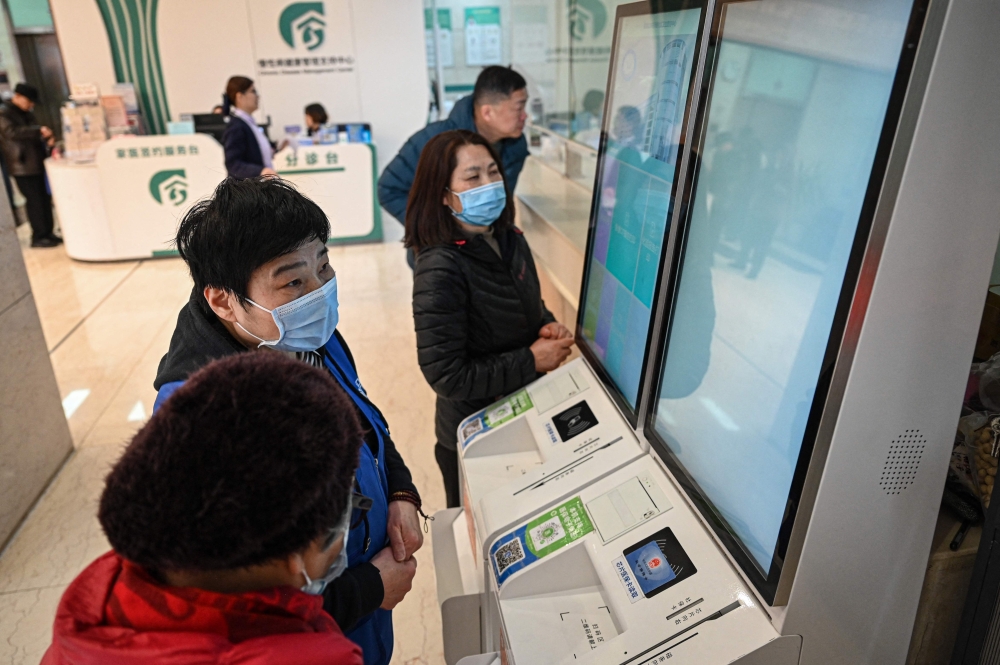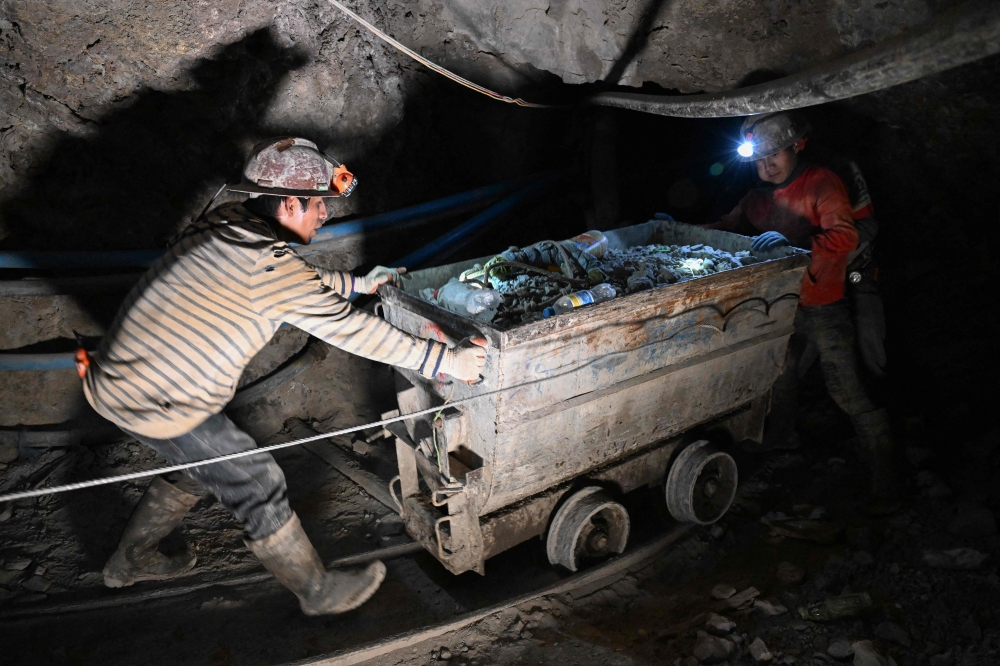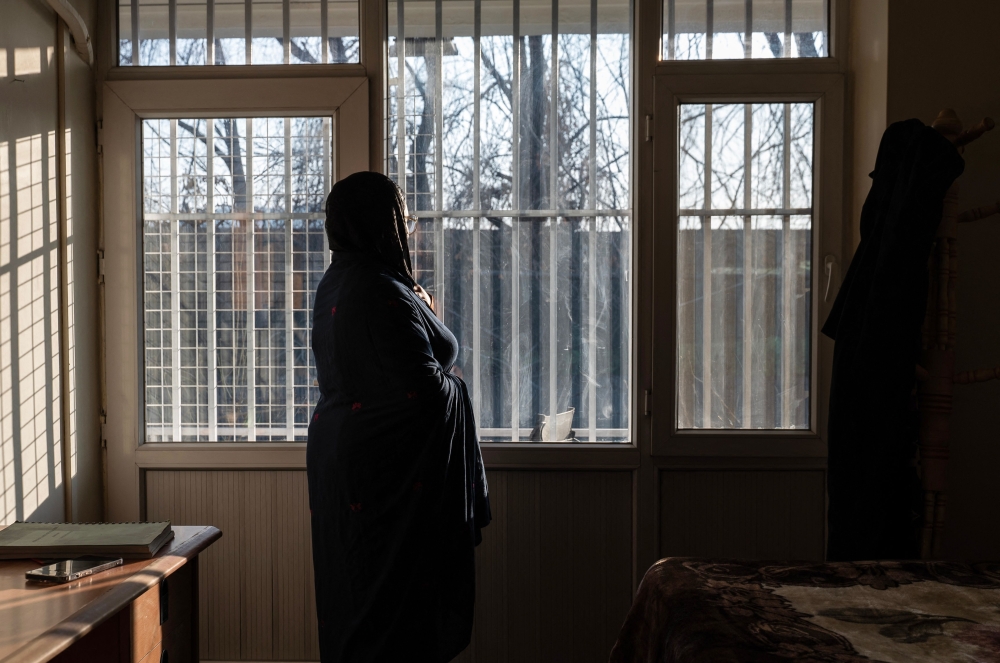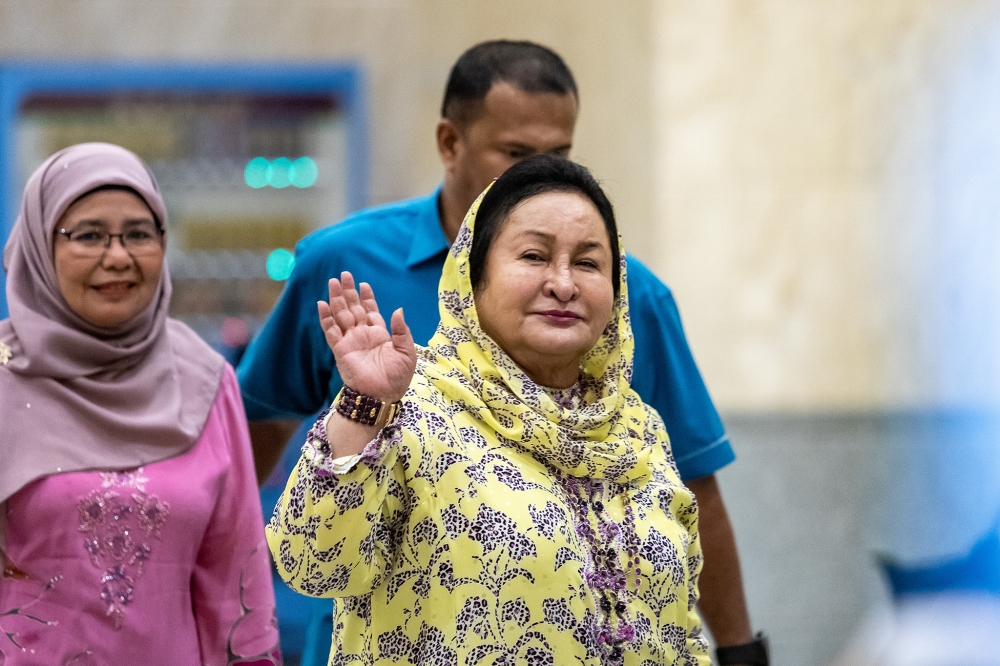PETALING JAYA, Sept 30 — Cleft lip and palate patient Nora Abu Hassan learned early on in life that being physically different was never going to be easy.
Ostracised in kindergarten and teased throughout her school life, her bullies swapped her name for terms such as sumbing (split), senget (crooked) and sengau (nasally).
They didn’t stop until she was 17 when she went for her first rhinoplasty to correct her nostrils.
By then, she had undergone several surgeries to repair the impact of a birth defect that affected her lips, nose, roof of the mouth and speech.
One in 800 babies are born with cleft lip and cleft palate, a birth condition that occurs when the lip or mouth of an infant does not form properly during the first trimester of a pregnancy.
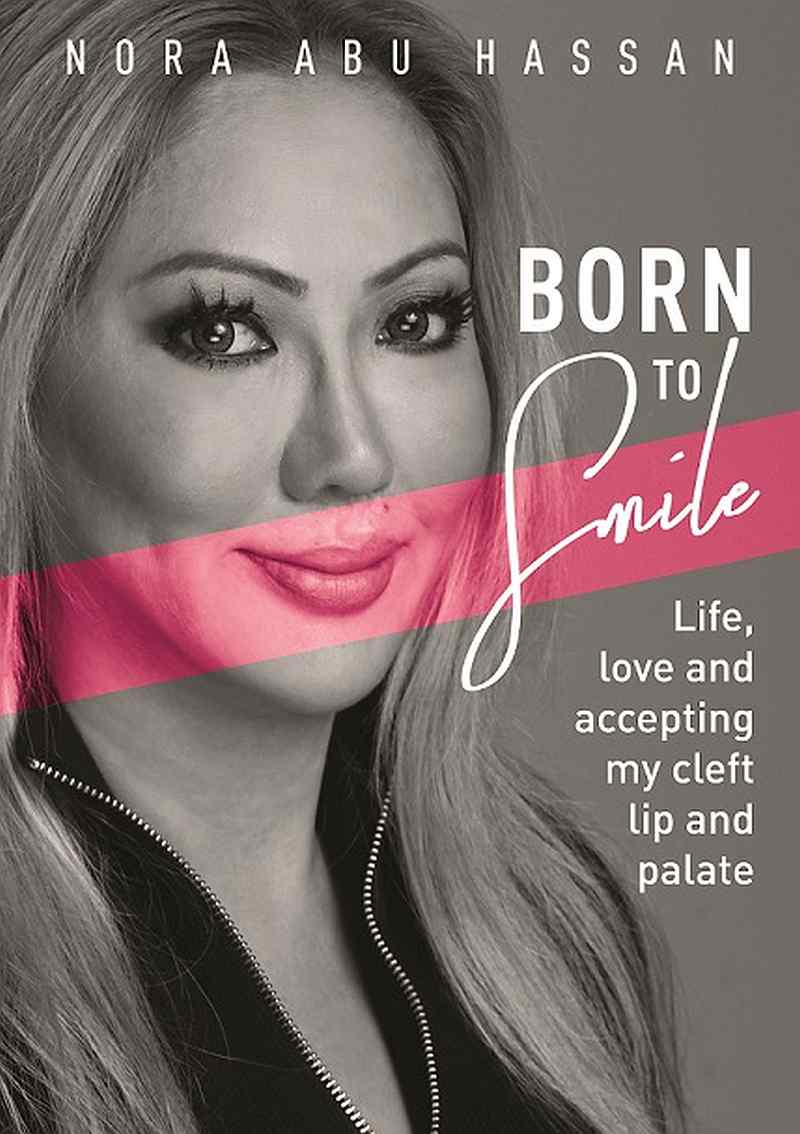
“It’s painful when people call you names but what can you do? You cannot fight back but I felt my heart break into a million pieces,” she told Malay Mail.
“The humiliation that I felt made me unable to focus in class but when I went home and told my mum she would say ‘That’s normal’ and the next day it would happen again.”
The effects of her childhood trauma, despite appearing physically normal after the surgeries, lasted well into Nora’s adult life.
She only told her then-husband that she was born with a cleft lip and palate 15 years after they tied the knot.
Two of her three kids found out when they 13 and 15 after they came home from school complaining about their weight and acne.
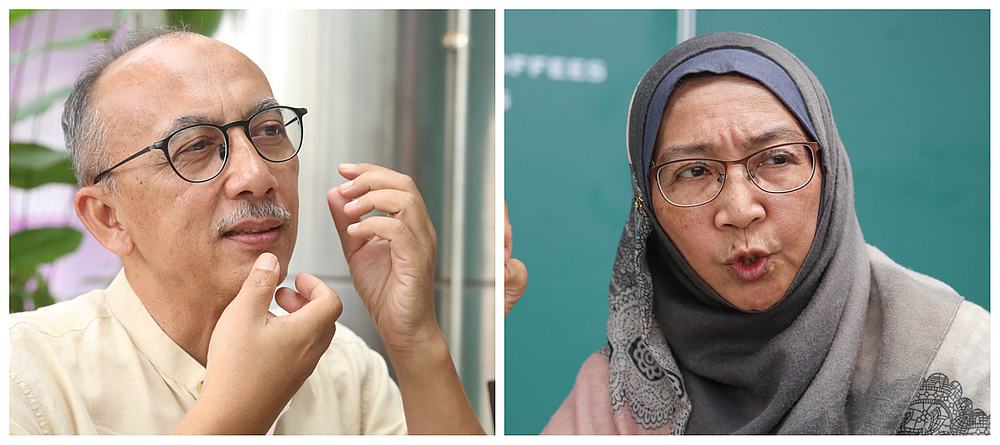
“I kept it a secret because I couldn’t accept the fact that I was cleft lip and palate patient,” she said.
“Even though I went for the outer operations but inside I was an emotional wreck.”
Now in her 50s, it took Nora many years to tell herself that it was okay to be born different and her journey of self-acceptance has culminated in her book Born to Smile.
The book gives readers an unadulterated glimpse of the physical and emotional challenges of growing up with cleft.
“We are all human beings with emotions and feelings, we love it when people say we look nice but what happens to these children when they are born with a facial deformity?
“Maybe people may not understand what they go through inside and this book tells readers how raw it is – there is no sugar coating,” explained Nora.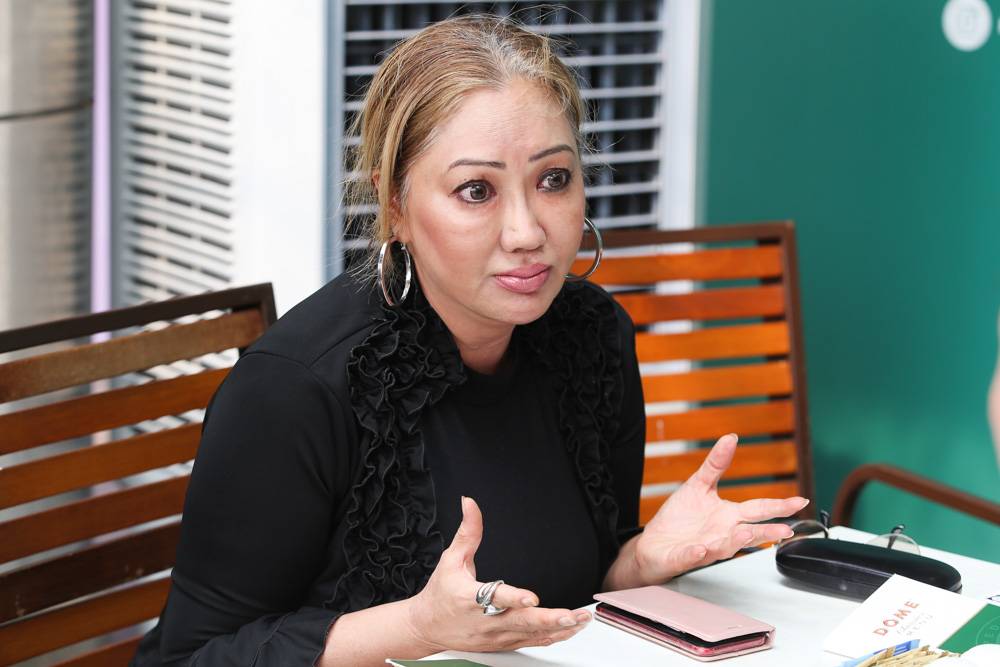
Help is available for cleft babies and their parents
Acknowledging that her family was financially able to afford the many surgeries, Nora said many from the rural community don’t have the monetary means to even travel to a hospital.
“Hopefully with this book, there will be an awareness that there is a real struggle for cleft and palate and kids out there looking for funding because the operation is important,” said Nora who began writing the book a year and a half ago.
The former kindergarten principal hopes her book will raise awareness of non-profit organisations such as the Cleft Lip and Palate Association of Malaysia (Clapam).
More importantly, Nora hopes to normalise the condition.
Its president Zainal Azhar Ahmad wants Malaysians affected by cleft lip and palate to know that the birth defect can be corrected through the universal Cleft Management Protocol which encompasses surgeries, speech therapy, psychological support and dental work.
“Clapam doesn’t just sponsor the surgery but we produce logistics compensation too,” Zainal said.
“A person born with cleft can aspire to their full potential. Our role is getting the public and those with cleft to be more aware.”
Clapam secretary Zuraini Ghazali said many parents think the surgeries will cost them thousands of ringgits but it can be done at minimal cost.
“There’s also a misconception that private hospitals are better than public but that’s not true. We always advocate government hospitals for the low cost,” she said.
Breaking the taboo of facial deformity
While the book presents a strong anti-bullying message, Nora hopes her story will shatter the shame associated with cleft lip and palate.
Her parents never spoke to her about her condition and they never took photographs of her as a baby.
“I understand why my parents’ generation won’t talk about it and they’d rather internalise it,” she said.
“Their generation was different and that was the best way they managed the situation.”
She finally found the closure she needed while writing the book — for the first time in her life, she asked her parents how they really felt when they saw her for the first time.
And closure it was, as after a week later, her father, former Selangor Menteri Besar Tan Sri Abu Hassan Omar, passed away.
“I encourage parents to talk about it because of my own experience.
“If you have a child who’s born different, I feel that parents should open up, ask how he or she feels and have an open communication,” she said.
Growing up a loner, Nora often asked, ‘Why me?’ and would spend hours in her room reading and listening to Donny Osmond and David Cassidy.
“I had my moments of ‘perasan sendiri’ (self-flattery) and I would imagine that I was pretty, that I had a boyfriend.
“It starts with a dream,” she said.
Born to Smile is available at all major bookstores for RM39.80. For every book sold, RM3 will be donated to Clapam and RM2 will be channelled to Kiwanis.


